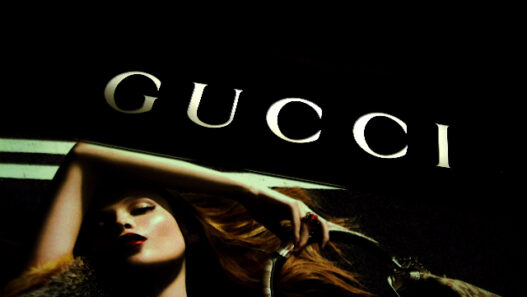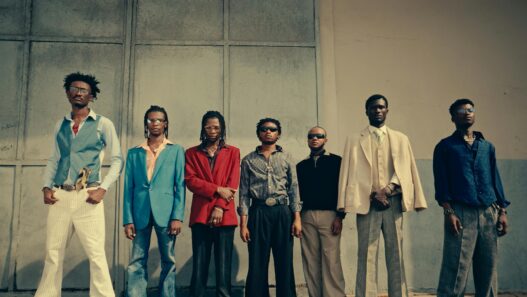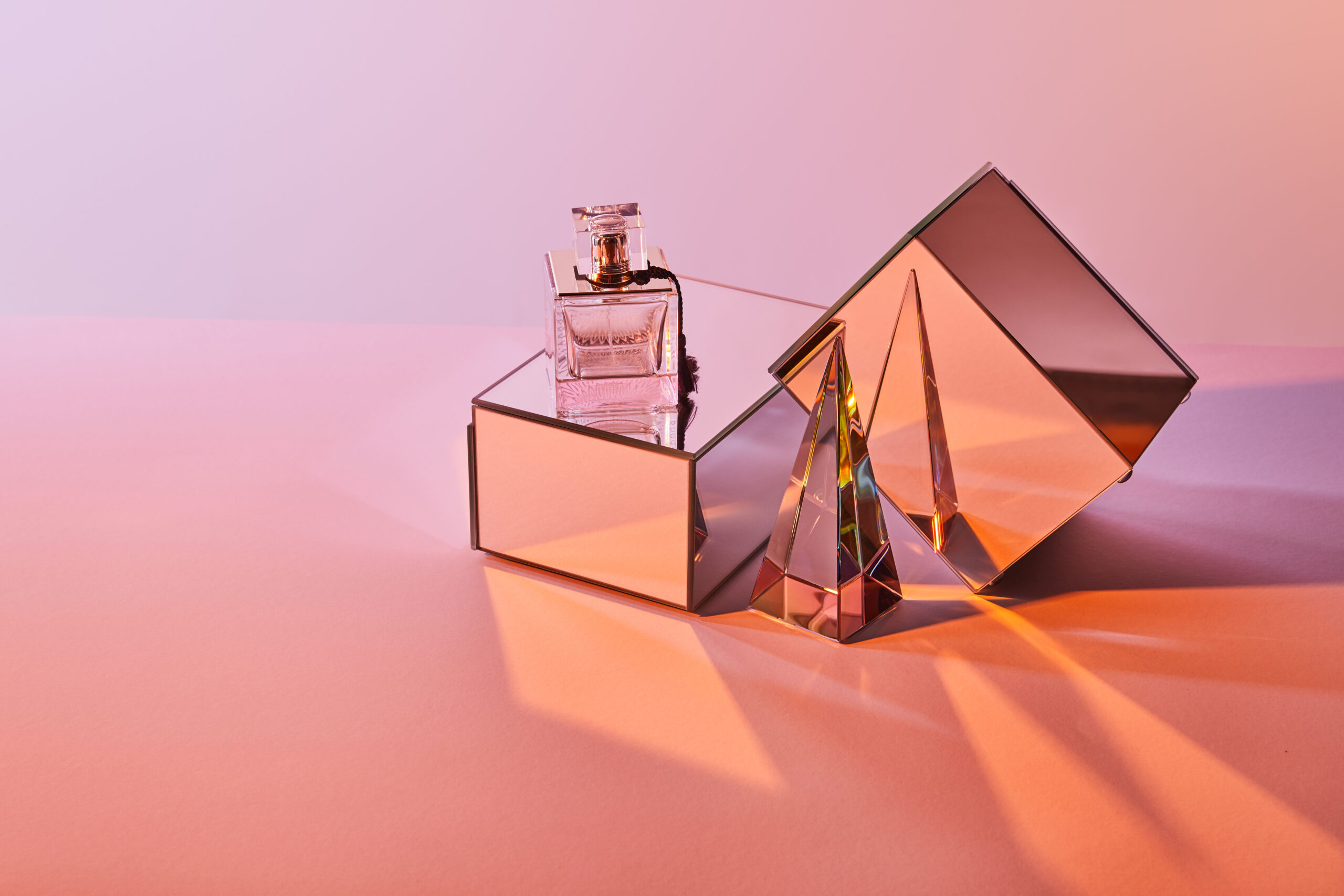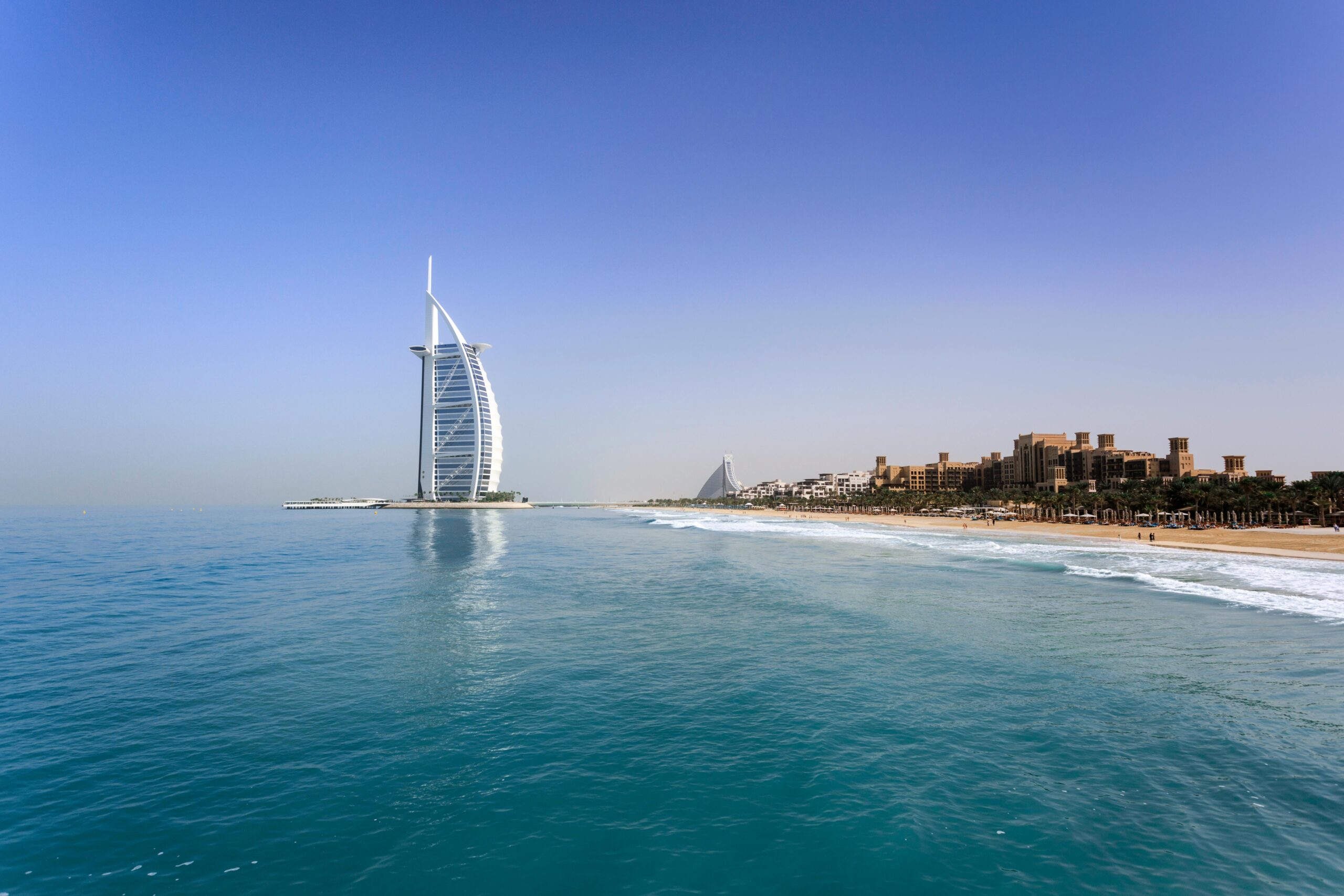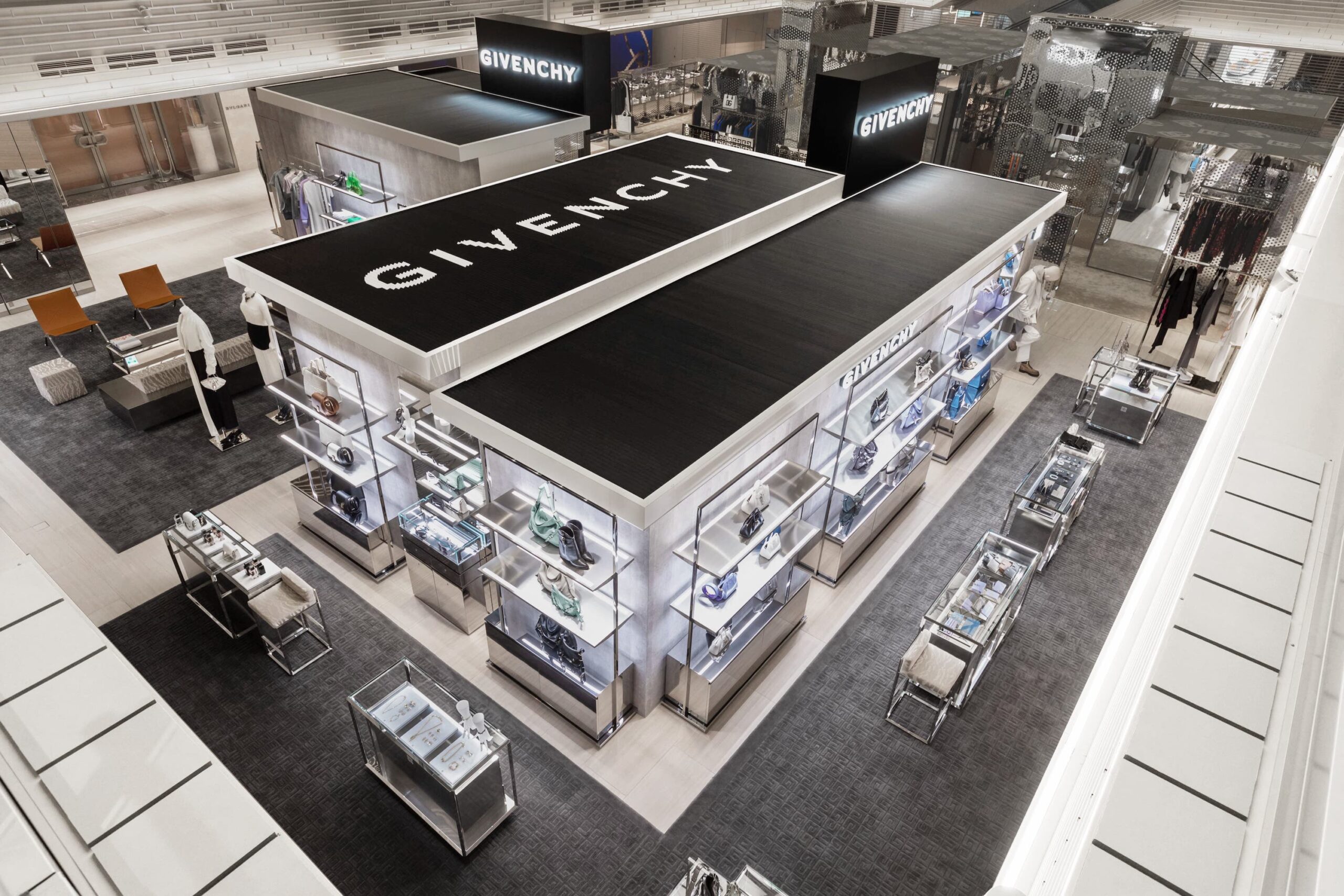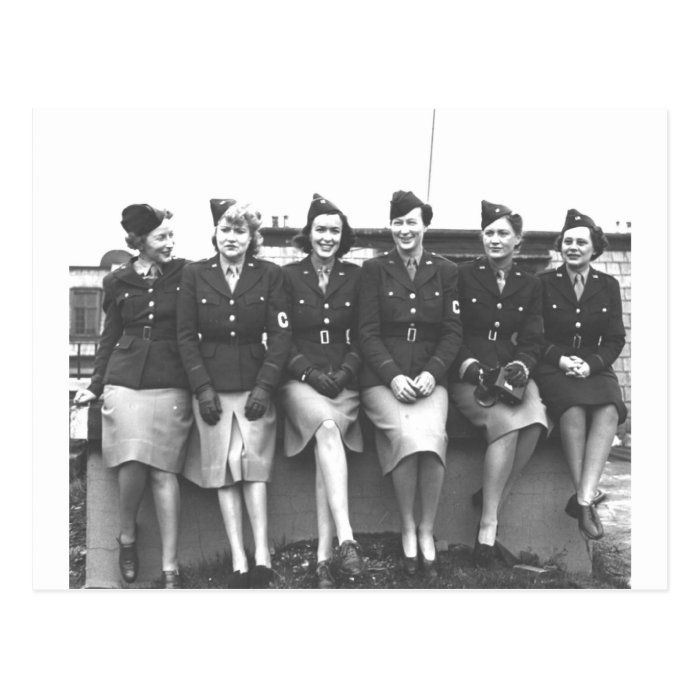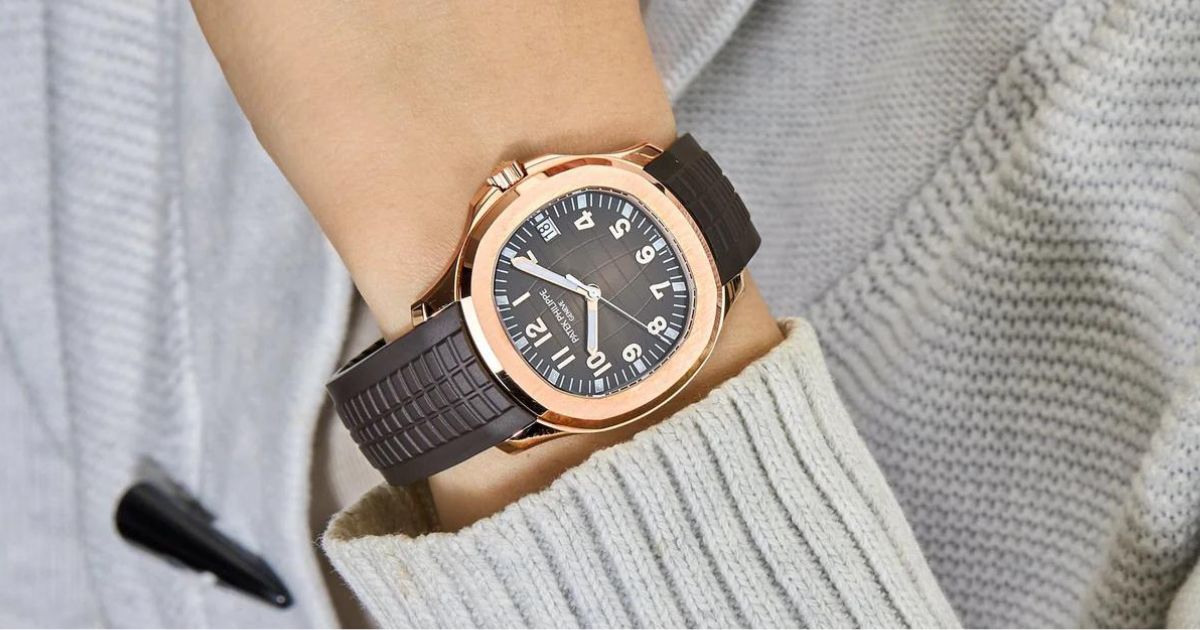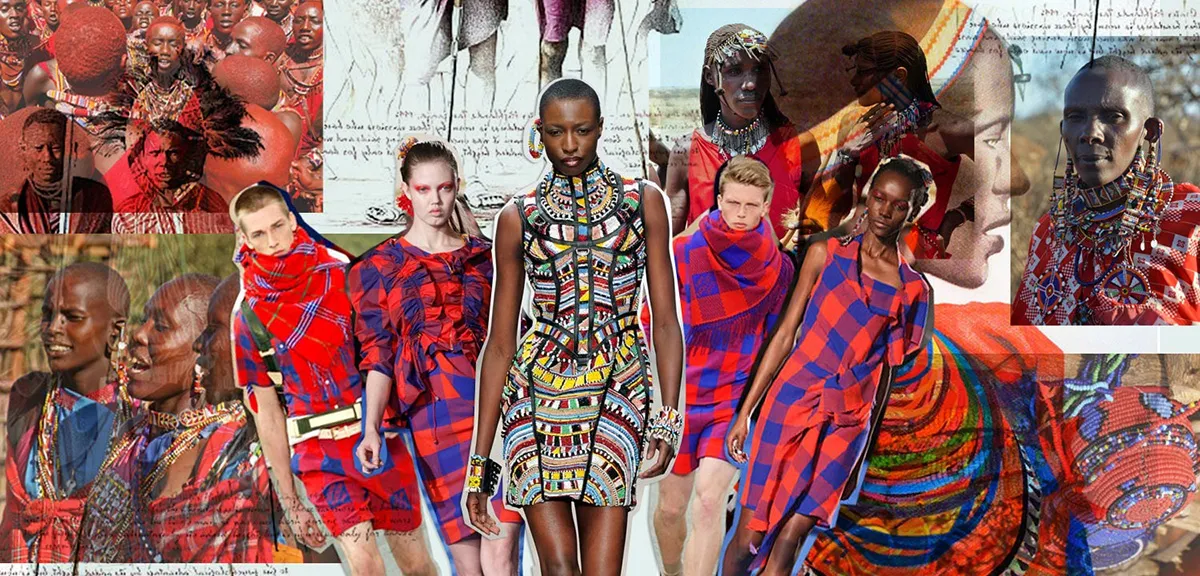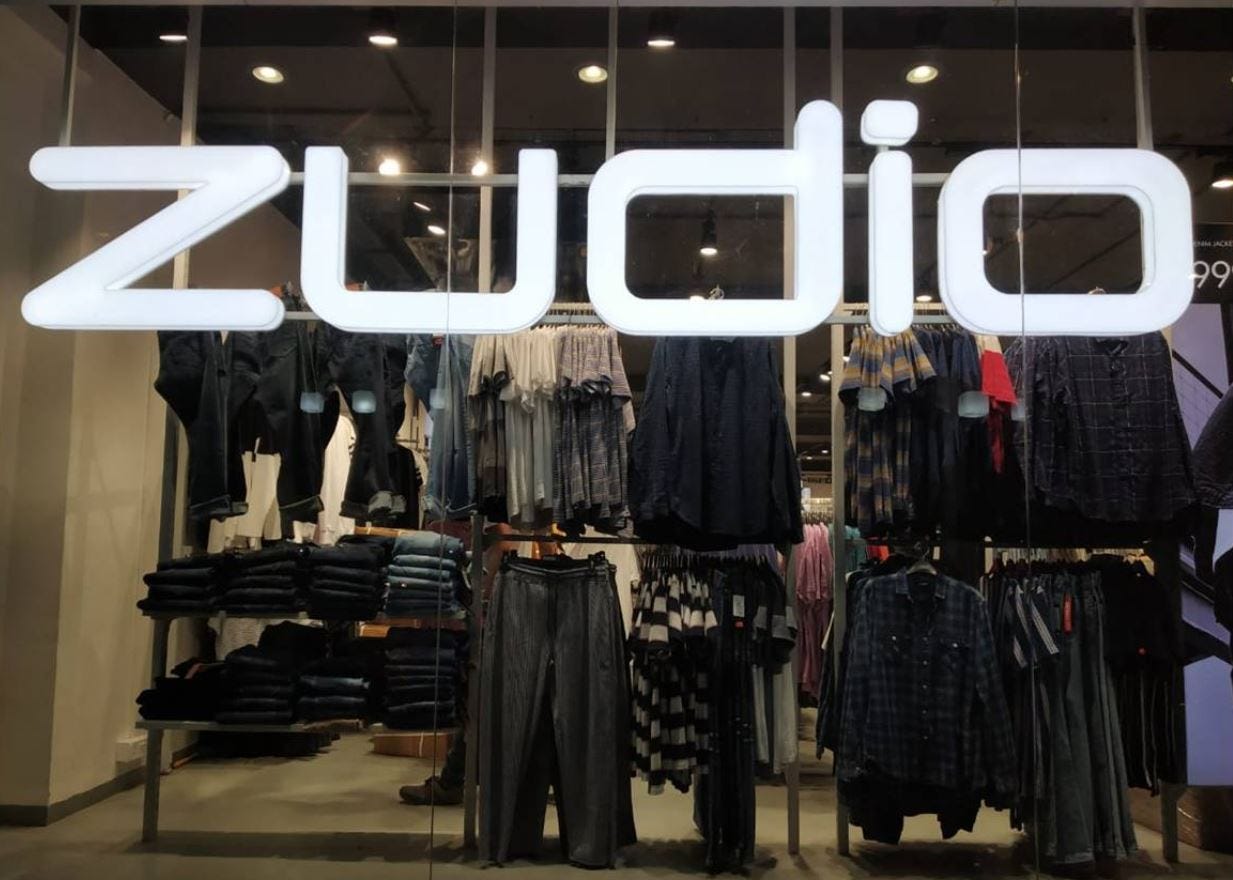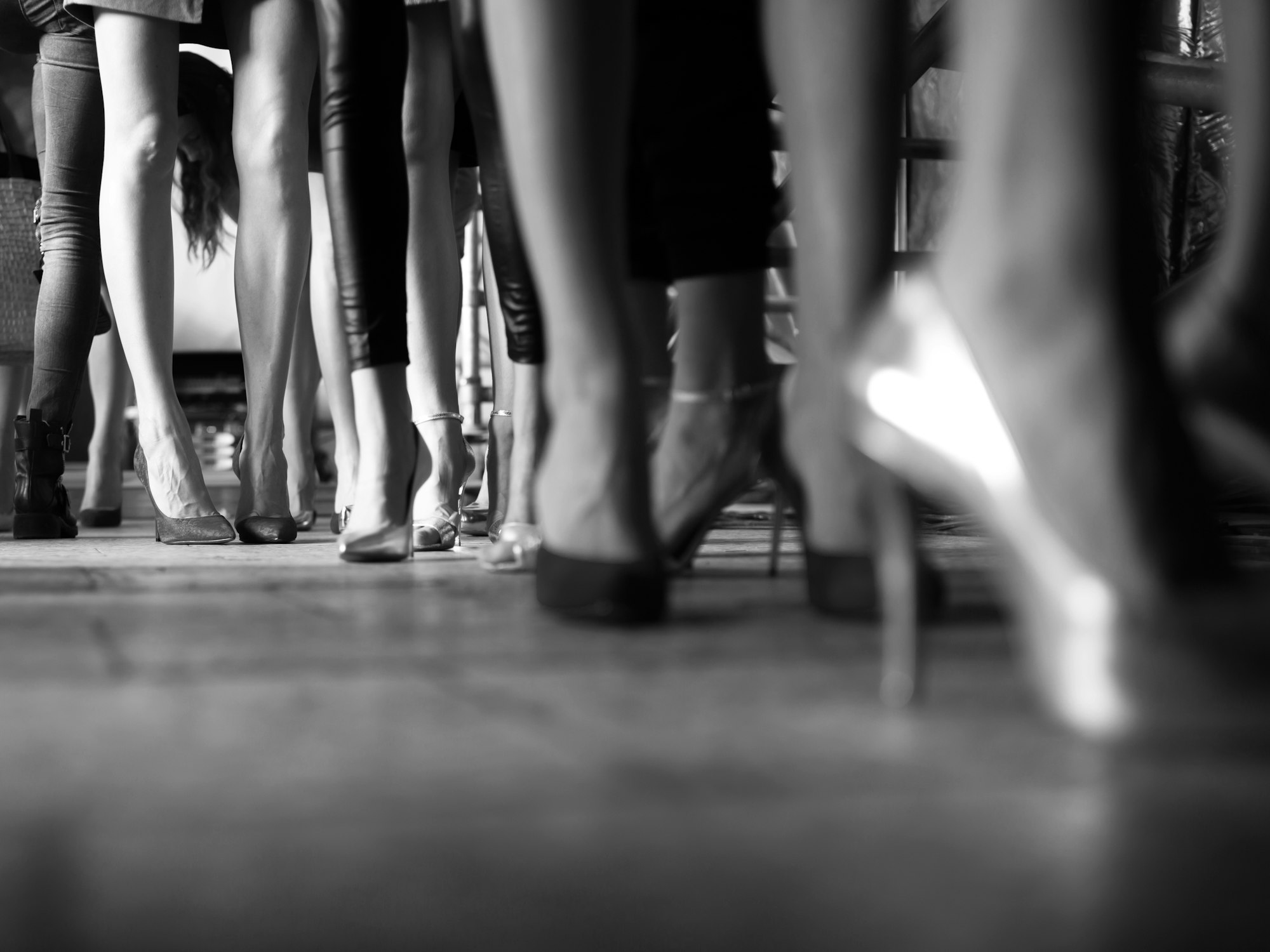The evolution of perfume has seen it move from purely serving to make one smell nice and instead take on a costly and sophisticated symbol in today’s modish world. This transformation might not only be due to quality but also the tale, honour associated with it or even culture where it belongs. Let us explore deeply how perfumes have been able to evolve as significant status markers in fashion.
One thing that makes top perfumes differ from other kinds is their use of rare and genuine materials. For example, Creed’s slogan (‘A Tradition of Excellence’) serves to showcase their embrace of quality- such as high-quality rose oils, unique woods among others. Likewise, one could see this same effect when looking at Tom Ford who claims on his tagline titled “Scent as a Signature” that he creates different scents by combining them often mixed with unique substances like oud and ambergris. The materials which go into making perfumes are expensive and require unique talent and experience for their application. A good aroma will nevertheless cost more due to its remarkable features and the difficulty in acquiring them.
Luxury designer labels are vital to the elevation of perfume’s status. This is evidenced by the contributions of fashion houses such as Chanel and Dior. For instance, Chanel No. 5’s tagline “A Fragrance that is Impeccable”, shows that it remains relevant across generations. In addition, Dior’s “Miss Dior: A Fragrance of Love” incorporates romantic symbolism alongside the brand’s elegant heritage.
These brands use their good names and massive marketing to give a feel of air about their perfumes being exclusive in nature. Therefore, this leads to them launching limited editions, creating custom-made scents, or even working with famous perfume makers so that it can become more desirable among clients. It sometimes feels like a signature symbol for those who own perfumes from high-end fashion houses because they have some degree of sophistication and wealth attached to them. In the current fashion industry, perfume acts as a significant personal branding tool. A signature scent is indicative of style, taste and class of an individual. For instance, Gucci’s “The Fragrance of Modern Elegance” demonstrates how contemporary sophistication is embodied in their scents.
To make a statement regarding their status, celebrities and influencers tend to choose specific perfumes. Exclusive fragrances are created through collaborations between brands such as Louis Vuitton whose tagline reads “The Art of Travel” alongside renowned individuals. When a celebrity endorses or wears a certain perfume then its standing is raised together with the glamorous image associated with that person. Luxury perfume brands have made limited editions and custom fragrances trendier. Byredo has put together “A Universe of Uniqueness” to exemplify the brand’s focus on exclusive, limited-edition scents. The option to customize gives a further sense of exclusivity since customers can come up with their unique blends. This makes one appear wealthy hence it is often seen that way by some people because they are not found in shops nearby. Hence, exclusivity is how people often portray these perfumes as status symbols. The extravagant packing and presentation of luxury perfumes play a major part in their status appeal. Most high-end fragrances are contained in exquisitely designed bottles that define the identity of the brand while showcasing its sophistication. This can be seen with Cartier’s tag line “The Essence of Luxury”, this is indicated by the charming, jewel-like bottles which add to how expensive perfumes appear. Wrapped in such elaborate packaging, gifting or receiving a perfume increases its status – a beautifully crafted bottle does not only hold but serves as a collectable item that stands for wealth and good taste.
Perfume is integral to status symbolism within cultural contexts. For many societies, wearing good perfume speaks much about one’s social status and refinement. Even today’s sentiments were so informed by former royal or aristocratic association with scents. Guerlain’s ‘The Art of Fragrance Since 1828’ tagline points out that the brand has been around for ages, has belong to high elite circles since before time began. Perfume now finds itself in a place where it has been absorbed into our culture by contemporary fashion, media and advertising. Luxury scents have high-profile advertisements and glamorous portrayals in movies that keep reminding us they are status symbols.
To be precise, perfume has gone from being just an accessory in fashion to one of the most important signs of refinement and social status. This is evident through the use of rare fragrances, high-end brands’ involvement as well as packaging. Also, as perfume industry continues to come up with newer concepts targeted towards those who are well-defined; it is most likely that its place as a status symbol will never be lost. Today, selecting an appropriate fragrance goes beyond scent but rather represents someone’s identity vis-a-vis his/her position in the society. The realm surrounding perfumes remains inhabited by luxurious bills from houses such as Chanel! Dior! or Louis Vuitton! where one can use perfumes so as to communicate their self-expression alongside maintaining their aristocratic presence.
Author Name: Hasika
REFERENCES
Blogs
- Doe, Jane. The Evolution of Perfume as a Status Symbol, Fashion Forward (August 9, 2024), http://www.fashionforward.com/evolution-of-perfume-status.
- Brown, Alice. Scent and Sensibility: How Perfume Became a Luxury Item, The Modern Style Blog (July 15, 2024), http://www.themodernstyleblog.com/scent-and-sensibility.
- Lee, Jessica. The Rise of Niche Fragrances in Luxury Markets, Perfume Passion (May 22, 2024), http://www.perfumepassion.com/niche-fragrances-rise.
- Martinez, Carlos. How Scent Became a Status Symbol, Luxury Lifestyle Blog (April 18, 2024), http://www.luxurylifestyleblog.com/scent-status-symbol.
Articles
- Smith, John. Perfume: A Symbol of Status, The New York Times (August 9, 2024), A1.
- Johnson, Emily. The Luxurious World of Fragrances, Vogue (June 12, 2024), 22.
Newspapers
- Jones, Emily. The High Cost of Fragrance, The Guardian (August 9, 2024), 12.
- Miller, Robert. Perfume as a Cultural Artifact, The Washington Post (July 20, 2024), B5.
Journals
- Brown, Michael. The Cultural Evolution of Perfume as Status Symbol, Journal of Fashion Studies 15 (2024): 45-67.
- Green, Laura. The Economics of Luxury Perfume, Economic Review 22 (2024): 89-104.
Books
- Williams, Sarah. Perfume and Society: An Analysis (HarperCollins 2023).
- Davis, Mark. The Art of Fragrance: Historical Perspectives (Oxford University Press 2022).



